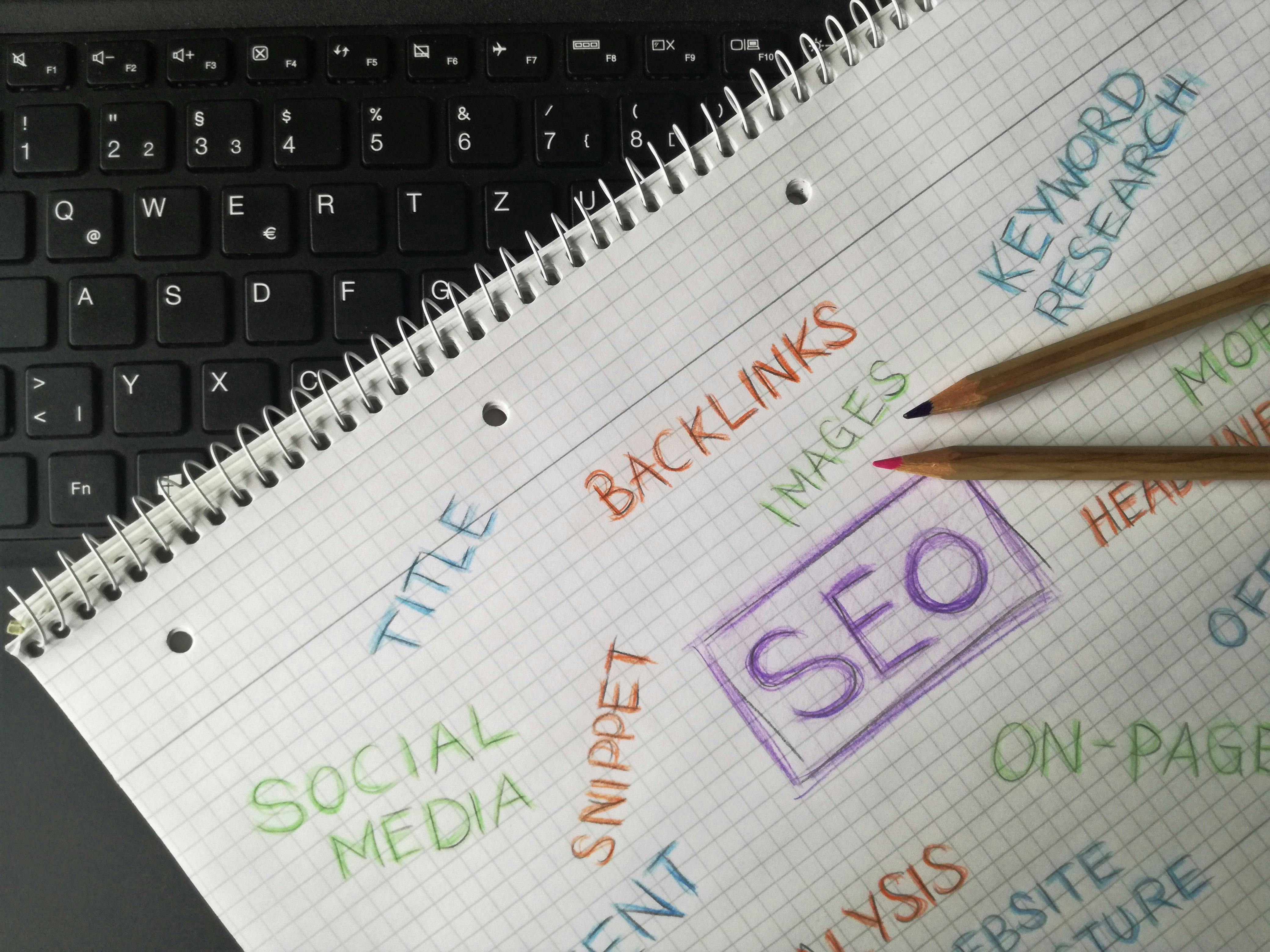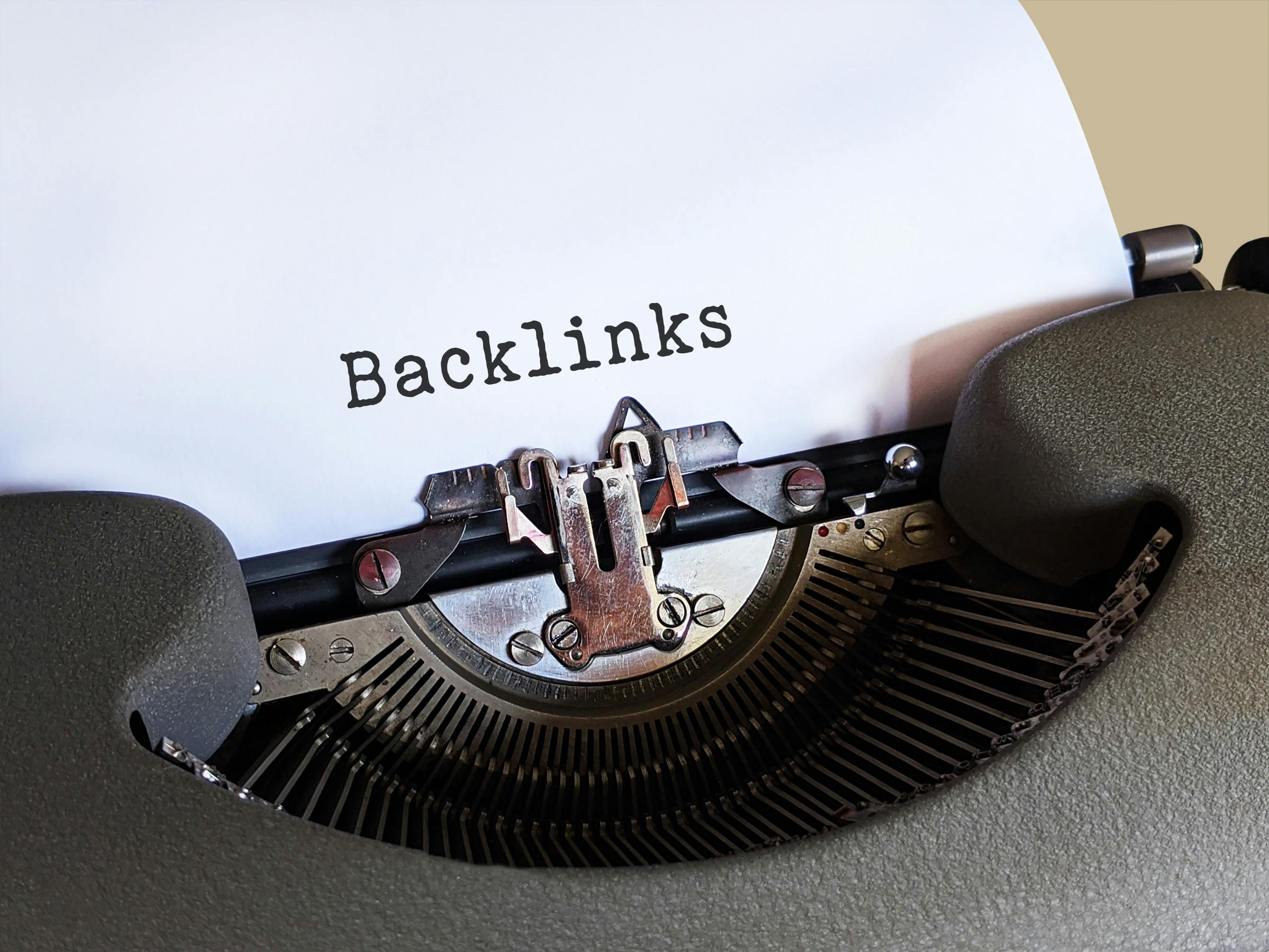B2B vs. B2C: How Are They Different?

September 15, 2025

One of the most fundamental questions when starting any business is determining your end customer. That answer determines whether you’re a business-to-business (B2B) or business-to-consumer (B2C) company. Both models involve selling products or services, but everything about the “who” and “how” are significantly different. B2B vs. B2C impacts every aspect of your business, from your marketing strategy to your sales cycle and even product development.
When you’re just starting out, it’s essential to understand the distinctions of B2B vs. B2C. Let’s take a closer look at each model to help you better realize how to pursue your small business goals.
What is B2B?
B2B refers to a company that sells its products or services to another business. These are typically more complex transactions than simply buying an apple at the grocery store, and are driven by one company’s need for a solution that increases efficiency, saves money, or generates revenue.
Some examples of B2B companies are software companies that sell subscription-based services to corporations, manufacturers that sell raw materials or parts to other factories, or marketing agencies that serve other brands.
What is B2C?
B2C refers to a company that sells products or services directly to individual consumers for personal use. These are usually simpler transactions, like the aforementioned apple at the grocery store, or buying a video game at GameStop. Everything from retail stores to food and beverage companies, to e-commerce sites and streaming services like Netflix or Spotify fall into the B2C category.
It’s estimated that there are about twice as many B2C companies as B2B ones. Some businesses may also have a hybrid model, like a landscaping company that works for both commercial and residential properties.
What’s the Difference Between B2B and B2C?
While the end customer is the primary difference, there are a few more key distinctions between these two business models.
Target Audience and Decision-Making
A B2B audience is composed of other businesses. Customers or clients are rational, logical, and focused on tangible metrics like return on investment (ROI), efficiency, and cost savings. As such, the sales process is often long and involves multiple stakeholders rather than a single decision-maker. There may be several different departments that analyze data and evaluate long-term value before a purchase is made.
B2C audiences are more emotional, impulsive, and focused on their personal benefit, entertainment, or convenience. They’re human! Decisions are usually made by individuals or small groups and can be heavily influenced by branding, social proof, and immediate needs.
Marketing and Sales Strategy
B2B marketing strategies are often content-driven, focused, and aimed at building trust and authority. These strategies may include creating value-adding resources like whitepapers, e-books, webinars, blogs, and deep case studies. The sales cycle is typically long and complex, involving multiple meetings, demonstrations, and negotiations.
B2C marketing is focused on reaching as many people as possible and connecting on more emotional (in addition to rational, cost-minded) levels. Content may look more like TV ads, social media campaigns, and influencer partnerships. The goal is to drive conversations through short, simple sales cycles, often optimized for efficiency, like single-click purchasing.
Product and Pricing
B2B products tend to be complex, high-value, and often customizable. They may require extensive integration if they’re a software product. Pricing may be negotiated based on a long-term contract or part of a tiered subscription or SaaS model, with the intention of keeping the partnership long-term.
B2C products are generally simple, standardized, and have a low-to-mid value. Pricing is fixed and transparent, with a focus on promotions and discounts to attract customers.
Customer Relationship
B2B customer relationships are more long-term and high-touch. There’s a lot of ongoing support, which may include onboarding or training on a new product provided by a dedicated account manager. B2B businesses aim to provide outstanding assistance to ensure the customer’s success and retain their business.
B2C customer relationships are typically very short and transactional. Efficient customer service, excellent product quality, and loyalty programs encourage repeat patronage.
| Feature | B2B (Business-to-Business) | B2C (Business-to-Consumer) |
|---|---|---|
| Target Audience | Rational, logical, ROI-focused | Emotional, impulsive, personal benefit-focused |
| Decision-Making | Complex, involves multiple stakeholders | Simple, often a single individual |
| Sales Cycle | Long, multiple meetings | Short, single transaction |
| Marketing | Content-driven (webinars, whitepapers) | Mass-market (social media, ads) |
| Pricing | Negotiated, contract-based | Fixed, transparent |
| Customer Relationship | Long-term partnership, high-touch | Short-term, transactional |
FAQS
Yes, many companies operate in both spaces. For example, a software company might sell its enterprise solution to large businesses (B2B) while also offering a lighter, free version to individual users (B2C). This is called a hybrid model.
There’s no right answer, exactly. B2B sales usually have higher-cost transactions and longer-term contracts that increase the value of a single customer, but B2C companies usually have much higher transaction volume. Both can be very profitable depending on the industry, product, and strategy.
Each requires different skill sets, and the degree of difficulty typically depends on the product itself, the brand’s reputation, and more contributing factors. B2B marketing focuses on building credibility and relationships, often with a longer time horizon. B2C marketing relies on creativity and speed to capture attention in a crowded market. They’re just different.
Take a look at our news on Business Essentials

 by Nick Perry
by Nick Perry

 by Natalia Finnis-Smart
by Natalia Finnis-Smart

 by Natalia Finnis-Smart
by Natalia Finnis-Smart

 by Nick Perry
by Nick Perry

 by Shanel Pouatcha
by Shanel Pouatcha

 by Nick Perry
by Nick Perry

 by Nick Perry
by Nick Perry

 by Nick Perry
by Nick Perry


 by Natalia Finnis-Smart
by Natalia Finnis-Smart

 by Nick Perry
by Nick Perry

 by Natalia Finnis-Smart
by Natalia Finnis-Smart